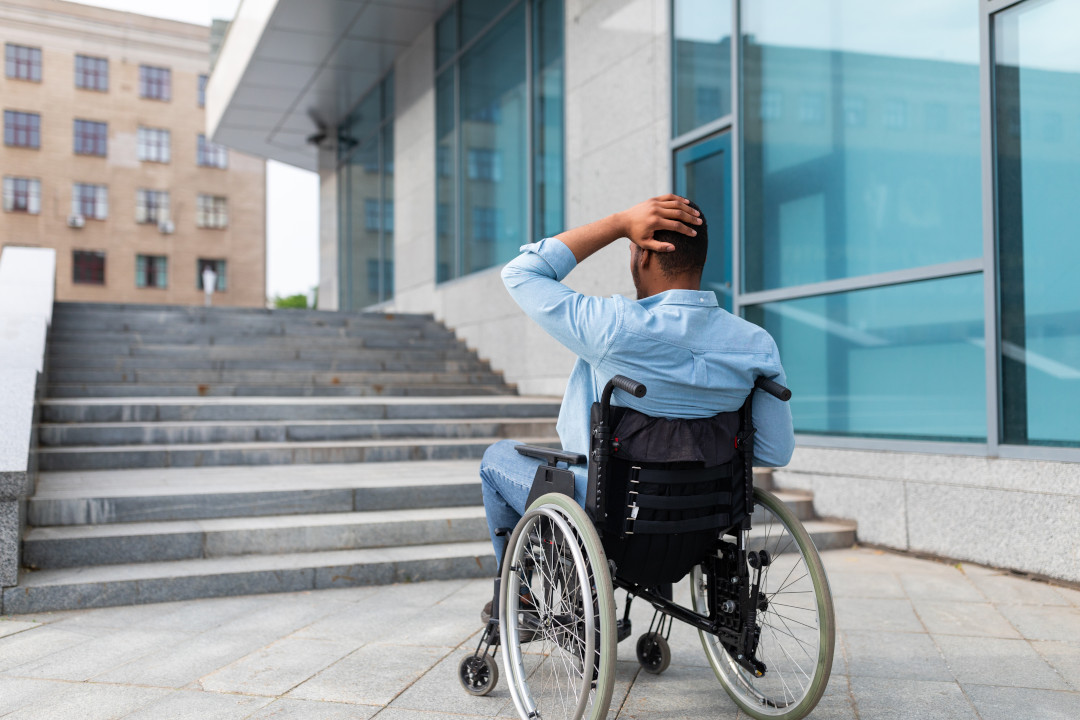
No Adverse Action? No Problem: NJ Supreme Court Removes Hurdle for Employees in LAD Claims
No harm, no foul often used to be the argument of certain employers, as part of their defense to failure-to-accommodate claims. In other words, if there was no adverse job action that came as a result of a failure to accommodate, the failure to accommodate claim was non-existent.
The New Jersey Supreme Court, however, ruled unanimously on June 8, 2021, in Richter v. Oakland Bd. of Educ., (A-23-19) (083273), that an adverse employment action is not a required element of a failure-to-accommodate claim under the state’s Law Against Discrimination (LAD). Instead, “[t]he wrongful act for purposes of a failure-to-accommodate claim is the employer’s failure to perform its duty, not a further adverse employment action that the employee must suffer.”
Pertinent Facts
The plaintiff, Mary Richter, was a middle school teacher for the Oakland Board of Education (Board). She was a longtime Type-1 diabetic. During the 2012-13 school year, Ms. Richter was scheduled for a 1:05 PM lunch break on Tuesdays and Wednesdays. Believing that her blood sugar would run low on these days, Ms. Richter requested an earlier lunch break. She was told by the school that they would look into it but was ultimately advised that her schedule could not be changed.
Then on March 5, 2013, while Ms. Richter was teaching a group of students, she suffered a seizure, fainted, and hit her head on a lab table and then the floor. The fall resulted in excessive bleeding, and Ms. Richter was hospitalized with serious and permanent life-altering injuries. Of course, the fall had occurred on a day when Ms. Richter was scheduled for a late lunch.
Ms. Richter filed a claim under the Workers’ Compensation Act (WCA) for her workplace injuries, with the Board paying $18,940.94 for her medical bills and $9,792.40 for temporary disability benefits. Ms. Richter additionally received $77,200.00 in partial total permanent disability benefits. Thereafter, she brought a claim for failure to accommodate under LAD, which following two summary judgment motions and subsequent appeals, came before the New Jersey Supreme Court.
Issues Considered By The Supreme Court
The Supreme Court, in hearing the matter reviewed two issues: 1) whether a plaintiff is required to establish an adverse employment action, to maintain a LAD failure-to-accommodate claim; and 2) whether Ms. Richter’s claim is barred by the exclusive remedy provision of the WCA, as she had already recovered workers’ compensation benefits.
An Adverse Action Is Not An Element Of A Failure-To-Accommodate Claim
In considering the first issue, the Court highlighted two prior cases that questioned whether an adverse action was necessary in light of LAD’s legislative intent. The Court additionally looked to the federal court’s interpretation of the Americans With Disabilities Act (ADA), where it has been held that an adverse action is not an element of a failure-to-accommodate claim under the ADA.
The Court decided that in light of the aforementioned and LAD’s legislative intent of eradicating discrimination in the workplace, the wrongful act in a failure to accommodate claim is the employer’s failure to perform its duty of providing a reasonable accommodation. Otherwise, an employer could escape liability by simply refusing to accommodate an employee’s disability and taking no further adverse action while the employee continued to toil on. Accordingly, the Court held that an employer’s “inaction, silence, or inadequate response to a reasonable accommodation request is an omission that can give rise to a cause of action.”
A Successful Claim Under The WCA Does Not Act As A Bar
In addition to the elements of a failure-to-accommodate claim, the Court considered the issue as to whether Ms. Richter’s claim was barred by the “exclusive remedy provision” of the WCA.
Pursuant to the exclusive remedy provision, an employee who recovers for workplace injuries under the WCA cannot further recover for the same injuries at common law unless the injuries resulted from an intentional wrong of the employer. Defendants had argued that because Ms. Richter recovered benefits under the WCA, she could not likewise maintain a claim under LAD for her injuries. Additionally, the defendants argued that as the failure-to-accommodate was unintentional, Ms. Richter could not proceed by arguing an intentional wrong.
The Supreme Court rejected both arguments holding that “the WCA’s exclusive remedy provision does not attach to Richter’s LAD claim.” The Court reached this conclusion upon examining the purposes of the WCA and LAD. It explained that LAD serves a broad remedial purpose to weed out discrimination in the workplace. In contrast the WCA compensates employees for medical expenses and personal injuries resulting from workplace accidents. Further, because LAD was amended in 1990 to allow punitive damages and common law remedies, the Court reasoned that the damages available under LAD were supplemental to the remedies under the WCA.
Consequently, the Court found that “the two statutory schemes, harmonized, operate to prevent double recovery.” With the issue of double recovery averted, the Court held that there was no possible conflict between the statutes. Accordingly, an employee is additionally unencumbered by the WCA exclusivity bar when pursuing the remedies available under LAD.
Key Takeaways
The ruling sends a clear and decisive message to employers that a request for a reasonable accommodation should never be ignored or dismissed. Therefore, it is prudent that employers have a procedure to evaluate a request for an accommodation, and if it is reasonable, the employer should grant it.
Conclusion
If you believe you have been wrongly denied an accommodation and wish to discuss your legal options, Farrell & Thurman, P.C., offers a variety of convenient ways to schedule a free, no-pressure consultation. You may do so directly on our website (Schedule A Consult), via phone (609-924-1115), or by email (Contact Us).
